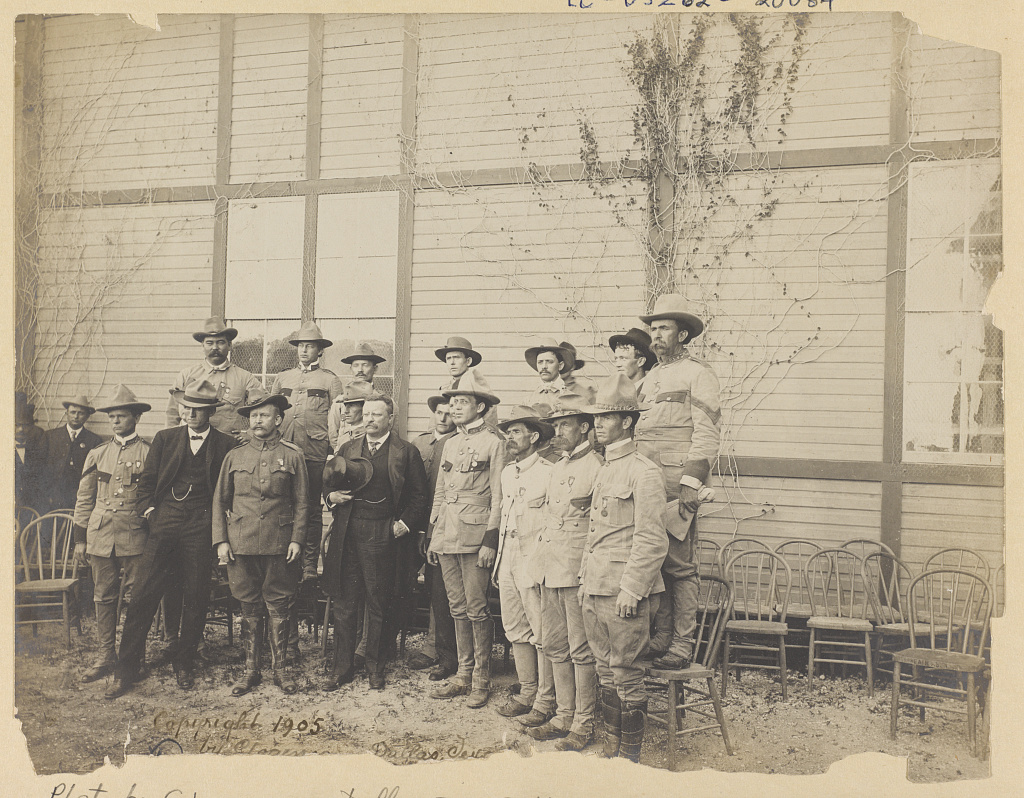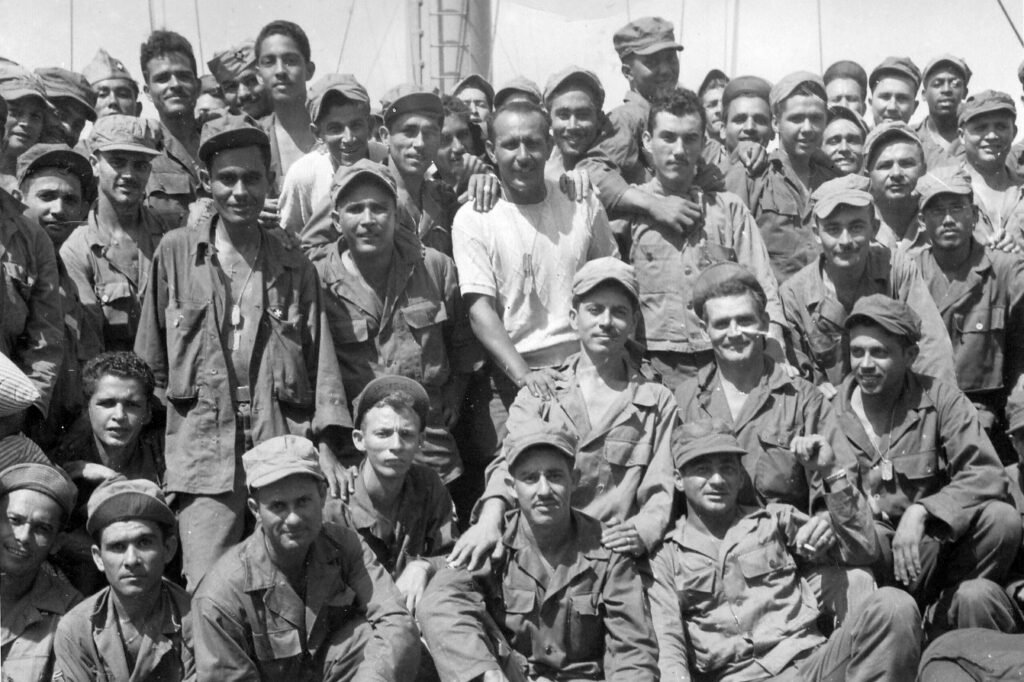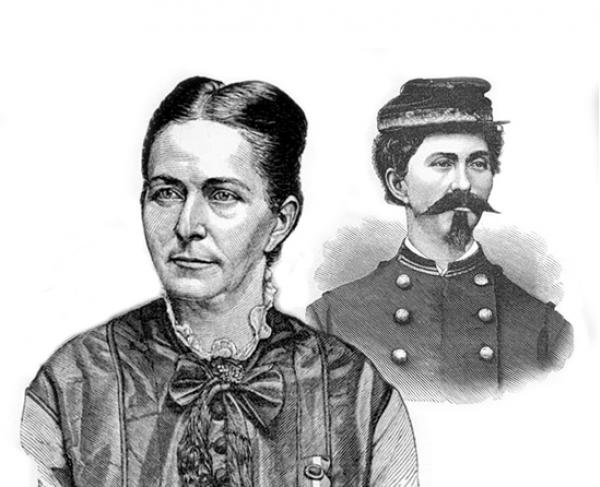It’s been nearly 250 years since the first Hispanic soldiers marched into battle during the Revolutionary War, an epic conflict between the original 13 colonies and Britain that solidified America’s independence from British rule and led to the formation of the United States of America. In the more than two centuries that followed, Hispanic-Americans have played a pivotal role in the U.S. Armed Forces, serving in all branches of the military and valiantly fighting in every war since. Today Hispanics make up 16 percent of all active-duty military personnel, according to the Department of Defense, and continue to be a strong contributing force in our nation’s military history.
Perhaps one of the most significant wars that Hispanic-American soldiers engaged in was the Spanish-American War, a conflict between the United States and Spain that raged on for eight months during 1898. Although relatively brief in comparison with the World Wars, the Spanish-American War is notable as it led to Spain signing a peace treaty giving the United States control of several islands, including Guam, Puerto Rico, and most notably Cuba.

During battle several thousand Latino volunteers enlisted in the Army and became members of the 1st U.S. Volunteer Cavalry, also known as the “Rough Riders.” Led by Col. Theodore Roosevelt, it was one of the most racially diverse battle units in the Army. The Rough Riders sailed to Santiago de Cuba in June of 1898 and, together with the Army’s Fifth Corps, fought in the Battle of San Juan Hill, one of the war’s most pivotal campaigns that helped solidify U.S. victory, forcing Spain to sign the Treaty of Paris, granting Cuba its independence.
By World War I, Hispanic-Americans were eagerly serving their country and were vital members of the U.S. military. By 1917, three years into World War I, the United States granted citizenship to individuals born in Puerto Rico. That same year, an act of Congress urged more Americans to enlist in the military to help support the country’s war effort. Heeding the call, members of the Hispanic community, including newly naturalized U.S. citizens from Puerto Rico, joined the armed forces. The result was the formation of the 65th Infantry Regiment, a unit composed predominantly of Puerto Rican soldiers. The 65th would go on to serve in two additional wars, World War II and the Korean War. (During the latter, the unit adopted the nickname the “Borinqueneers,” a nod to the indigenous Taíno name for Puerto Rico, Borinquen, and became the only all-Hispanic unit to serve during the war.)

Over the years, representation by Latino soldiers continued to increase, and by World War II between 400,000 and 500,000 Hispanic Americans served their country, according to the U.S. Army. The war brought about the establishment of the National Guard’s 158th Infantry Regiment (aka the “Bushmasters), a battle unit from Arizona whose motto was “cuidado,” or take care, and whose troops included a mix of Mexican-Americans and Native Americans representing 20 different tribes. General Douglas MacArthur praised the unit during their time in battle in the Philippines, calling them “the greatest fighting combat team ever deployed in battle.” According to the National World War II Museum, 13 Medals of Honor went to Hispanic soldiers for their bravery and fortitude during the war.
Despite their dedication to defending their country during wartime, Latino troops often faced racism when they returned home after battle. Because of this, a number of Hispanic soldiers became active civil rights leaders, including Dr. Hector Garcia, a Mexican-American World War II veteran and physician who, in 1948, would go on to found the American G. I. Forum, a civil rights organization for Hispanic veterans that remains active today.

Garcia is one of many Hispanic veterans who made sizable contributions to the U.S. military. They include Loreta Janeta Vasquez, a lieutenant during the Civil War who disguised herself as a man to join the Confederate Army. She fought in several battles, including Bull Run and the Battle of Shiloh, and spent a portion of her military career as a spy. Another notable veteran was Joe P. Martinez, who at the age of 21 was drafted into the Army during World War II. His most notable contribution was during the Battle of Atu in the Aleutian Islands of Alaska where he led several successful assaults against Japanese fire, in some cases single-handedly eliminating entire trenches solo. He would go on to become the first Hispanic American to posthumously receive the Medal of Honor.



